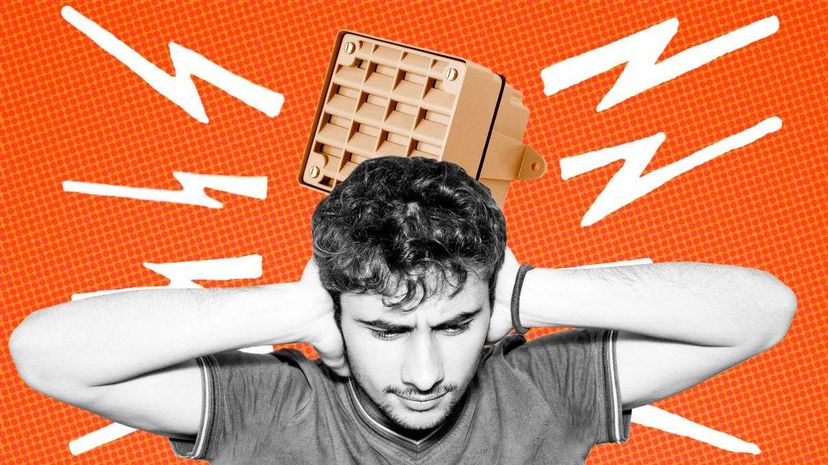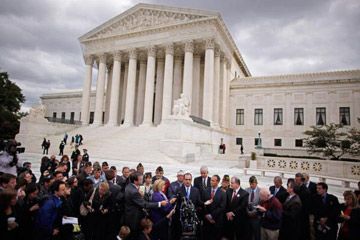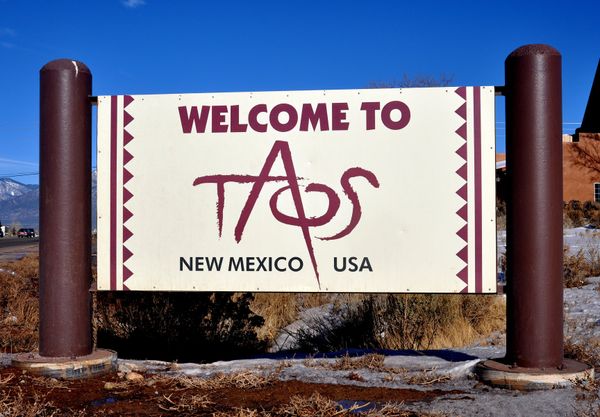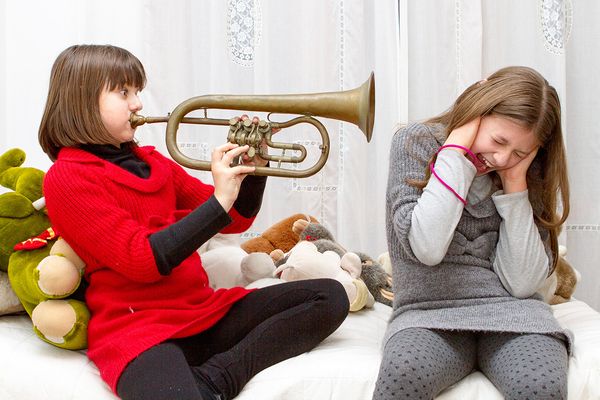
Wade Rohloff operates a business out of his home in Hobbs, New Mexico. In 2008, when the graphic designer was working a lot of late nights, he ran into a problem.
"My neighbor's teenage sons were playing basketball in their driveway until 2 a.m. at times," Rohloff writes in an email. "They would also bounce the ball off of our cars and side of house."
Advertisement
It was disrupting his work. He tried the usual approaches to solving such a problem, all without success.
"After many heated arguments with their obviously drunk father and trips by the local police, I began searching for a solution. That is when I found the Mosquito," Rohloff says.
The Mosquito is a teenager repellent. The $1,150 device emits an unpleasant, high-pitched audio tone that only people ages 13-25 or so can hear. If you're curious, you can hear it on the company's website.
Our hearing deteriorates as we age (the combined effect of presbycusis, or age-related hearing loss, and noise-induced hearing loss), and the higher frequencies are usually the first to go. Most people over the age of 30 can't hear anything above 16 kilohertz.
The frequency of the Mosquito tone is roughly 17.5 kHz to 18.5 kHz. And for those who can hear it, it's awful. The idea is to get young loiterers, vandals and other troublemakers to flee the noise, which has a range of up to 130 feet (40 meters).
By all accounts, it works.
"Those boys and three other teenage friends all stopped playing basketball and started looking around at the sky," Rohloff recalls about the first night he used the device. He pushed the button at 10 p.m., triggering a 20-minute emission of the high-pitched tone.
"They then went and got their father but I could hear him say that he didn't know what they were talking about. In about 15 minutes they all left," he says.
Thousands of Mosquitos have been sold throughout Europe and North America, with the highest concentration in England. Homeowners are a small segment of the market. Retailers, municipalities, school districts and police departments are among the usual customers. A U.S. playground company incorporates similar technology, called SonicScreen, into its equipment.
There are some real problems with the teen-repellent technology, though, beginning with the fact that it doesn't just repel teens. Twenty-somethings, kindergarteners and babies can hear it, too. Distributor Moving Sound Technology claims children aren't bothered by it, but anecdotal evidence suggests otherwise.
Rohloff's 8-year-old grandson, for one, "hated it."
The Mosquito is controversial, to put it mildly. It's an indiscriminate technology: Teens who are perfectly valuable members of society can hear the noise as well as teen vandals can. And there are reports the sound actually hurts. A 17-year-old in Stafford, England, described it as "painful, similar to scratching on a school blackboard." A teen whose route to school included a Mosquito-equipped train station in Devon, England, noted that it's hard to study with a "splitting migraine."
Various human rights organizations and youth groups have loudly opposed the technology, claiming it violates young people's rights. The Council of Europe, which oversees human-rights issues in Europe, agrees.
In March 2010, the council found that the Mosquito "clearly infringes" on fundamental human rights guaranteed by the European Convention on Human Rights (ECHR), including respect for physical integrity and freedom of peaceful assembly.
The council also found potential violations in the device's "inflicting acoustic pain on young people and treating them as if they were unwanted birds or pests," as well as a full breach of the right to freedom from discrimination.
In response to earlier discrimination claims, the original manufacturer, Compound Security, revised the device, adding a separate setting for an 8 kHz tone, a frequency everyone can hear. The council found this insufficient to alleviate the device's discriminatory intent.
Compound Security sought an independent legal opinion in 2007, which found no clear human rights violations. Governments seem to agree, since as of 2015, no country has outlawed the teen repellent. Several cities have banned it on public property, though.
The city council of Stirling, Scotland, banned the Mosquito on the strongly worded advice of a 26-year-old council member who could still hear the noise it emitted.
Those who support the use of acoustic teen deterrents call for balancing the rights of young people with rights of adults, who should be able to enjoy their homes and operate their businesses without interference from misbehaving teenagers.
For Rohloff, at least, the device was a successful last resort. "No more arguments, no more police," he says, and it was "relatively cheaper than violence or court."
Rohloff's Mosquito has been inactive since the neighbor's kids left home.
Advertisement


